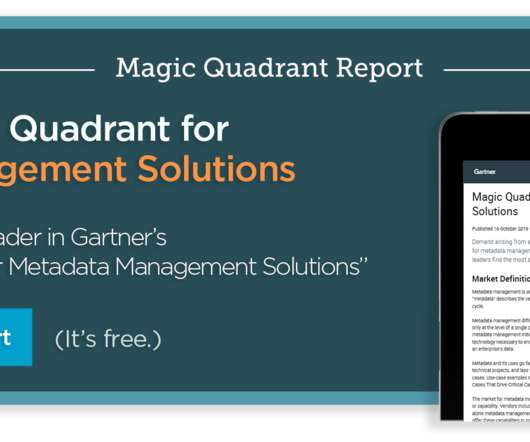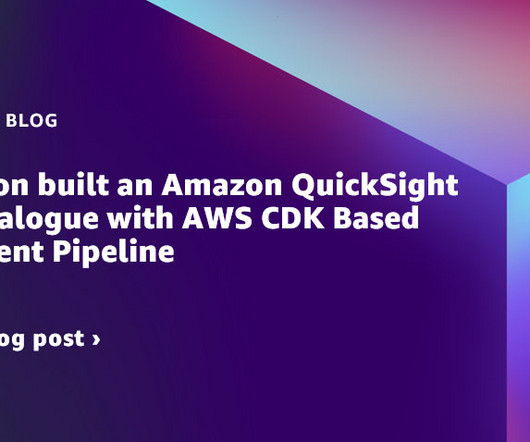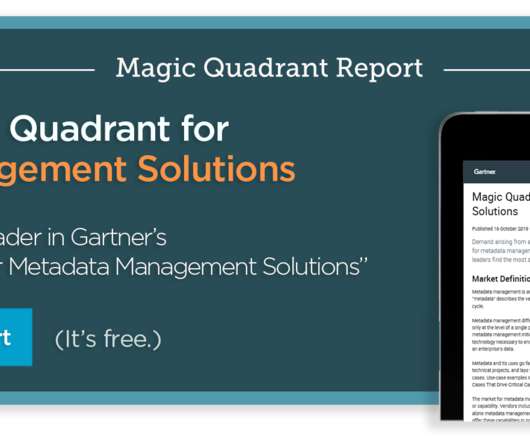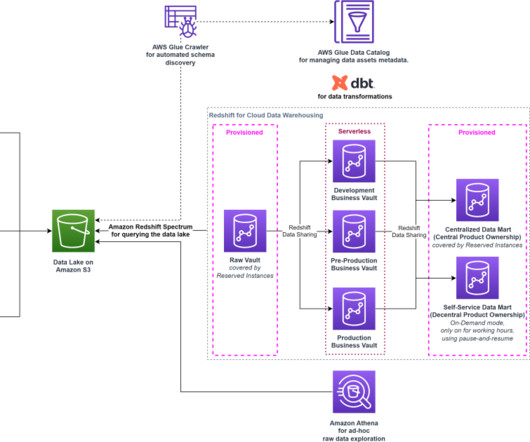What is a data architect? Skills, salaries, and how to become a data framework master
CIO Business Intelligence
OCTOBER 13, 2023
Data architect role Data architects are senior visionaries who translate business requirements into technology requirements and define data standards and principles, often in support of data or digital transformations.




















Let's personalize your content